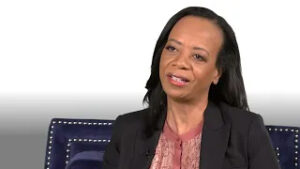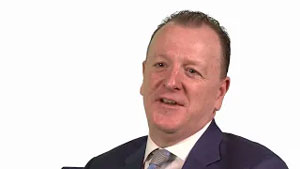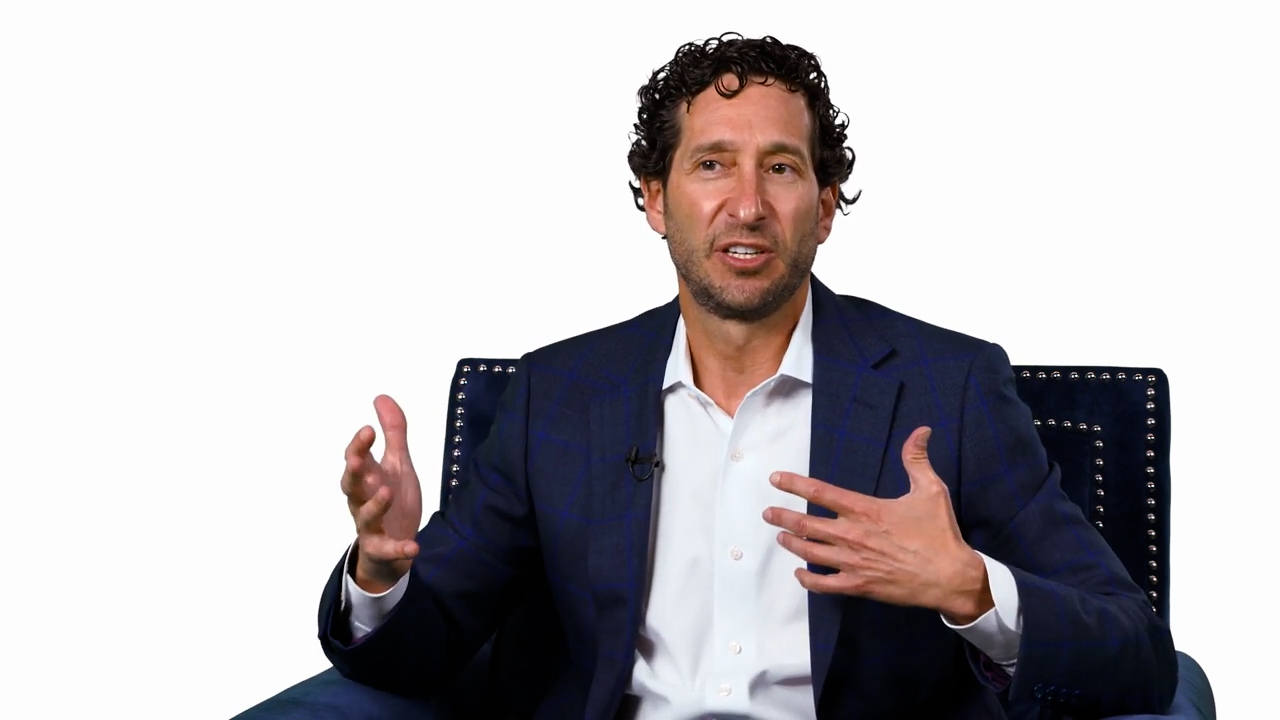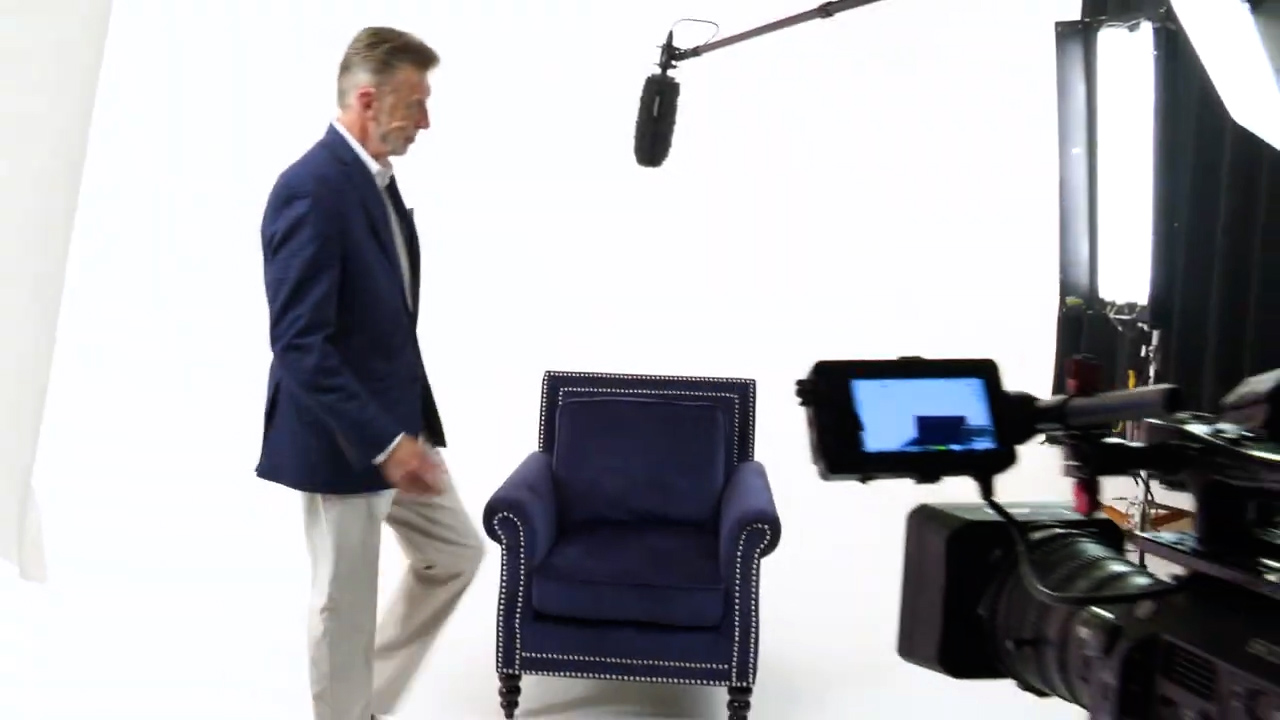The U.S. economy slowed noticeably in the first quarter, with real GDP growth dropping to 1.7 percent at an annualized rate—considerably weaker than the 3.1 percent figure posted for fourth quarter 2010. Despite evidence of weakening economic activity, U.S. non-farm employment rose by a robust 244,000 jobs (seasonally adjusted) in April, marking the seventh straight month of job increases. In addition, retail sales and real personal consumption spending continued to rise in March. Sales of new homes also rose in March after a three-month downward slide. Sales of existing homes also rose in March after falling in February. Consumer confidence rose slightly in April, after falling in March. The Kansas City Financial Stress Index fell in April and remained below its long-run average, suggesting that the financial headwinds to U.S. economic growth remain low.
With U.S. consumption spending growing, the Nevada economy shows definite signs of recovery. In the first three months of 2011, visitor volume was higher than a year earlier. March gaming revenues were 5.1 percent above a year earlier, and taxable sales were up by 4.3 percent. Nevada employment rose by 10,500 jobs (1.0 percent) in March, and the unemployment rate fell to 13.2 percent.
Clark County is setting a somewhat stronger pace of recovery than Nevada as a whole. Compared to a year earlier, March visitor volume was up by 5.2 percent, and gaming was up by 7.2 percent. In March, taxable sales were 3.2 percent above those for the same month a year earlier. Residential construction permits continued to rise through March. Las Vegas employment rose by 10,100 jobs (1.3 percent) in March, and the unemployment rate fell from 13.7 percent to 13.3 percent.
Washoe County’s economic indicators remain mixed in early 2011. Compared to a year earlier, March visitor volume was down by 10.8 percent while gaming was down by 7.1 percent. Residential construction permits continued rising in March. Reno-Sparks employment rose by 600 jobs (0.1 percent), and the unemployment rate notched downward to 13.1 percent.
With the national economy showing continued employment growth, the Nevada economy is showing modest signs of recovery—even with a downdraft in the overall pace of U.S. economic growth. The increasing willingness of U.S. businesses to hire should boost U.S. consumer confidence and spending and help stimulate economic growth in Nevada. Despite concerns that higher food and energy prices will slow the national economy and reduce discretionary spending, most of the news from Nevada’s tourism, gaming and hospitality sectors remains favorable. Nevada’s real estate and construction sectors are also showing some signs of life.
Professor Stephen P. A. Brown, PhD
UNLV Center for Business and Economic Research










